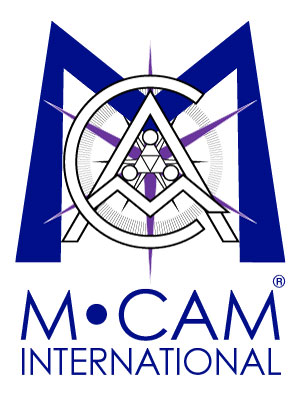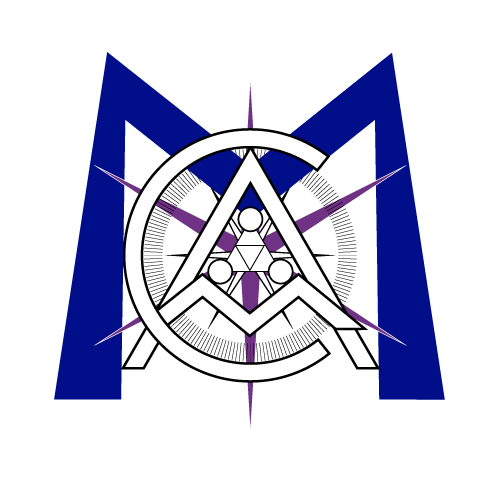M·CAM’s CEO testifies at U.S. House hearing on Patents
Date: Thu, 2001-05-10
May 10, 2001 Rayburn House Office Building Testimony of Dr. David Martin, CEO, M·CAM Inc. I would like to thank you and your distinguished colleagues on the Judiciary Committee for giving me an opportunity to address the topic of patent quality in the United States. While once deemed badges of intellectual honor, patents have become the currency of the U.S. and global economies. Echoing the debates over a currency standard 100 years ago the United States Congress now faces an issue much more challenging than a decision on gold or silver. The basis of our economy, no longer tangible metals, is now the national product of the human mind – innovation. The protection of this precious asset is the basis for the intellectual property laws of the United States and the developed world. However, in the past decade we have seen the erosion of confidence in patents. While many conveniently dismiss this as inevitable because that which is intangible cannot be measured, I will provide evidence that confidence is evaporating because the assets are indefensible due to egregious inadequacies in patent prosecution and examination. In January 2001, on a single trading day, one U.S. company and its investors lost over $330,000,000[1] as a result of misappropriated reliance on U.S. Patents. The patents that Transkaryotic Therapies Inc (TKTX) owned had significant deficiencies in uncited prior art which were overlooked in prosecution and examination. Relying on uninformed patent advice and confidence afforded by questionable patents, they challenged the validity of patents held by Amgen and lost. Our company, using our web-based patent examination system published a projected outcome of this case in November 2000 before anyone in the securities industry or in the courts would commit to the probable direction of the decision. Careful examination of the protected intellectual property in this case show that the TKT deficiency was avoidable had the U.S. Patent Office thoroughly examined prior art. The whole of USPTO


Sorry, the comment form is closed at this time.